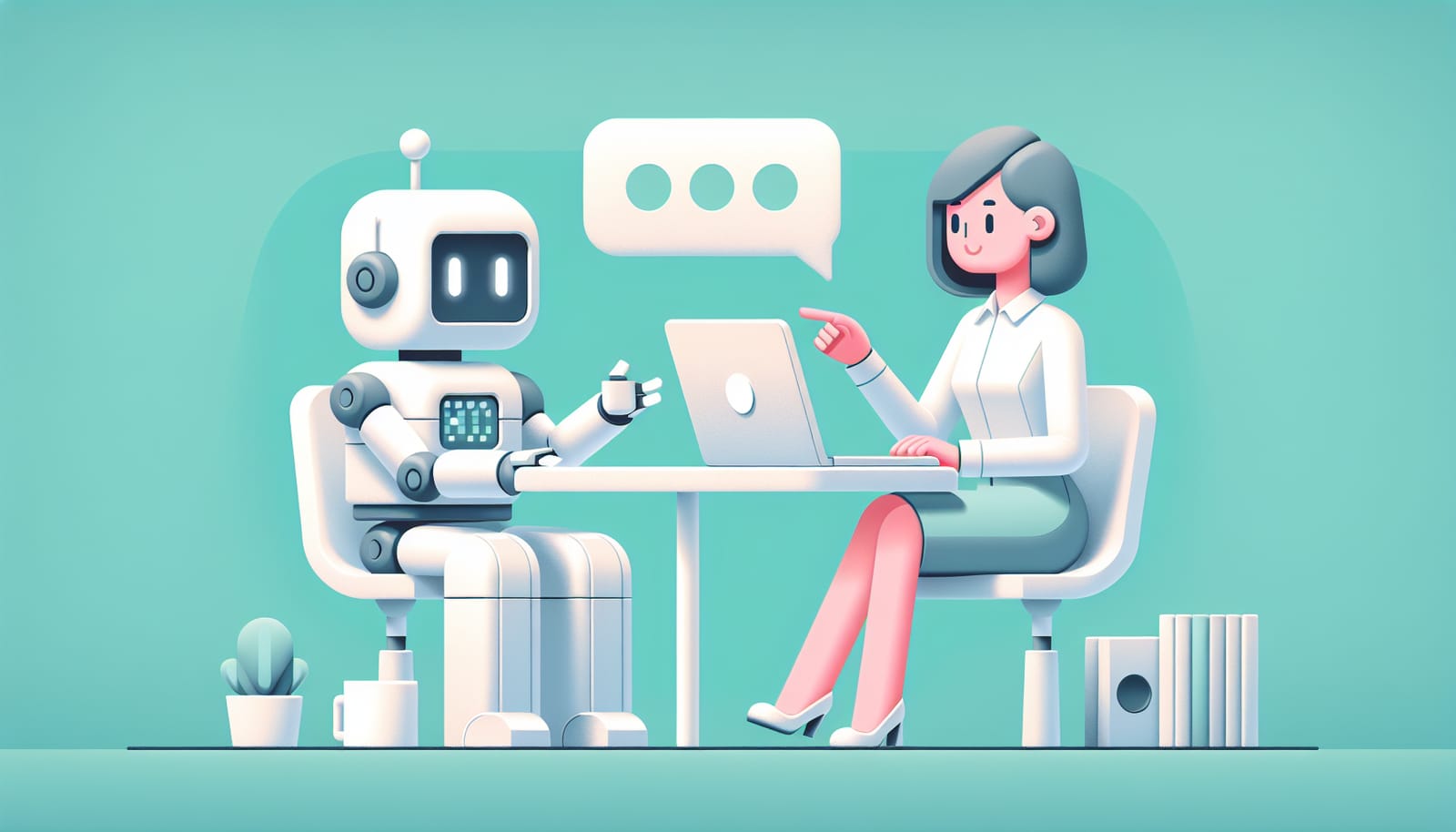Artificial Intelligence (AI) is everywhere these days. You might find it in your smartphone, your favorite video games, or even in customer service chatbots. While AI is making astonishing advancements, one area where it struggles is understanding and expressing empathy. In a world that often feels disconnected, the human touch is more important than ever. Let’s dive into why empathy is a uniquely human trait and how AI, for all its wonders, simply can’t replace it.
What is Empathy?
Empathy is the ability to understand and share the feelings of another person. It’s that special quality that allows us to connect with others on a deeper level. When your friend is sad, and you feel their pain, that’s empathy in action. It’s also what makes us compassionate and caring human beings, helping us build strong relationships and communities.
Empathy involves two key components: emotional understanding and perspective-taking. Emotional understanding means you can sense how someone else feels, while perspective-taking is the ability to see things from their point of view. Together, these elements create a powerful bond that makes human interactions rich and meaningful.
The Limits of AI
AI systems are designed to perform specific tasks. They can analyze data, recognize patterns, and even generate human-like text. However, their understanding of emotions is fundamentally different from ours. AI doesn’t feel emotions; it processes data. This is a critical distinction. While AI can mimic empathetic responses based on patterns observed in data, it lacks genuine emotional experience.
Imagine a chatbot that responds to a customer’s complaint. It can provide helpful information and even apologize for the inconvenience. But that apology isn’t heartfelt—it’s just a programmed response. The chatbot doesn’t truly understand the frustration that the customer feels. This gap defines the limitations of AI in expressing empathy.
Why Empathy Matters
Empathy is vital for human connections and relationships. It fosters trust, cooperation, and understanding. When we empathize with others, we create a supportive environment where people feel valued and understood. In fields like healthcare, education, and counseling, empathy is crucial. For example, a doctor who listens and values a patient’s feelings can provide better care than one who simply focuses on medical facts.
Moreover, empathy helps us resolve conflicts. When we understand another person's perspective, we are more likely to find common ground and work towards a solution. This human ability can’t be replicated by machines, which often operate on logic and data alone.
The Role of AI in Supporting Empathy
While AI cannot replace empathy, it can complement human efforts. AI tools can help people become more empathetic in various ways. For instance, AI-driven platforms can analyze social media content to identify individuals who may be struggling or in need of support. This information can guide outreach efforts, allowing organizations to provide help where it’s most needed.
Additionally, AI can assist in training programs that promote empathy. Virtual reality experiences can simulate situations that allow users to "walk in someone else’s shoes," helping them understand different perspectives. By using AI in these ways, we can enhance our empathetic skills rather than replace them.
The Importance of Human Interaction
Human interaction is irreplaceable. Whether it's a comforting hug, a kind word, or simply being present, these actions create a connection that AI cannot replicate. Research shows that face-to-face interactions are crucial for our mental health and well-being. They help reduce feelings of loneliness and promote a sense of belonging.
While AI can assist in communication, it cannot replace the warmth and authenticity of human touch. For example, think about the last time you felt supported by a friend or family member. That emotional connection is something AI will never experience or replicate.
How AI and Humans Can Work Together
Instead of viewing AI as a replacement for human empathy, we should see it as a tool that can enhance our lives. For instance, AI can automate mundane tasks, freeing up time for people to engage in meaningful interactions. Imagine a world where AI handles scheduling, leaving us more time to connect with family and friends.
In the workplace, AI can provide data-driven insights that help managers understand employee needs better. When leaders have access to this information, they can create a more supportive and empathetic workplace culture. This collaboration can lead to happier employees, increased productivity, and better overall outcomes.
The Future of Empathy in an AI World
As AI continues to evolve, it’s essential to remember what makes us human. The future will likely see more collaboration between humans and AI, but we must prioritize the importance of empathy in our lives. By nurturing our empathetic abilities, we can create a world that values compassion and understanding.
Educators, leaders, and community members must emphasize the significance of empathy in our increasingly digital world. Programs that promote emotional intelligence will be essential for future generations. Teaching children and young adults to be empathetic will prepare them for a world where technology coexists with human values.
Conclusion: Embracing Our Humanity
In conclusion, AI is an incredible tool that can enhance our lives in many ways. However, it cannot replace the human touch of empathy. As we navigate an AI-driven world, we must cherish our ability to connect with others on an emotional level. Empathy is what makes us human, and it’s a trait we should celebrate and cultivate.
By embracing our humanity and prioritizing empathy, we can create a future where technology and compassion coexist harmoniously. So let’s continue to foster those connections and remind ourselves of the beautiful power of empathy in our lives. After all, it’s the human touch that will always make the world a better place.


